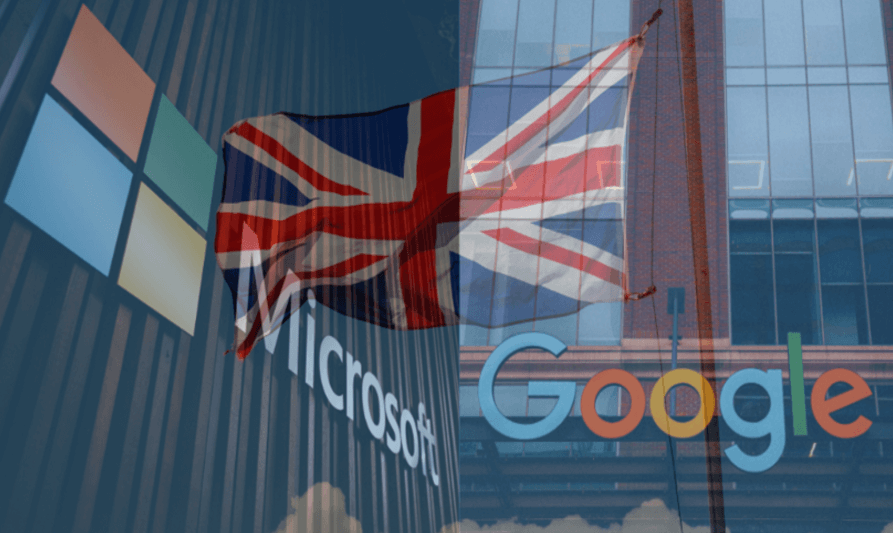
When the UK government unveiled its landmark tech agreement with the United States this week, the headlines dazzled. Microsoft pledged £22 billion to build AI supercomputers and data centres. Google committed an additional £5 billion to strengthen digital infrastructure and research. OpenAI, Nvidia, and others lined up behind the promise of turning Britain into a global hub for artificial intelligence.
For some, the multi-billion pledges represent an economic lifeline. For others, they raise a more uncomfortable question: is this foreign investment—or the beginning of foreign dependence?
For government officials, the partnership is a strategic coup. Britain gains instant access to cutting-edge infrastructure and the cachet of being viewed as a global testbed for AI deployment. However, critics argue that the arrangement resembles less a partnership and more a concession—one that leaves the UK playing host rather than architect.
Nick Clegg, former Deputy Prime Minister and now President of Global Affairs at Meta, has been among the sharpest voices warning of complacency. Speaking after the announcement, he described the deal as a reflection of “structural weaknesses” in the UK’s own innovation ecosystem—particularly the lack of domestic growth capital capable of propelling homegrown firms into global competitors.
The concern is not new: while Britain consistently produces top-tier research and academic breakthroughs, scaling those innovations into companies of Microsoft or Google’s stature has remained elusive. By inviting Silicon Valley to fill the gap, London risks cementing a cycle of dependency.
Technology today is more than an economic driver; it is a lever of geopolitical power. Control over algorithms, cloud infrastructure, and data flows increasingly defines national sovereignty. Allowing foreign players to dominate Britain’s digital backbone could mean the country cedes both economic value and strategic control.
Take artificial intelligence models as an example. If the core compute infrastructure resides in the hands of U.S. firms, then Britain’s ability to shape regulatory standards—or to safeguard data in accordance with domestic priorities—remains inherently limited. Investment may come with jobs, but influence and autonomy remain firmly offshore.
Perhaps the most overlooked casualty of the transatlantic tech embrace is Britain’s own start-up ecosystem. The sheer scale of investment from U.S. firms risks crowding out smaller, homegrown players struggling for capital, visibility, and government attention.
Instead of cultivating “the next Arm,” critics fear that the UK may resign itself to being a satellite market—offering talent, real estate, and regulatory concessions in exchange for foreign-driven innovation.
This is not to say that foreign investment is unwelcome. Few would argue against thousands of new jobs or the development of energy-intensive infrastructure that domestic firms alone could not finance. The challenge lies in balance: fostering partnerships without stifling homegrown potential.
The solution, analysts suggest, lies in re-engineering the country’s innovation pipeline. That means boosting domestic venture capital, expanding state-backed R&D incentives, and nurturing university spin-outs long enough for them to compete globally. It also requires political will: crafting an industrial strategy that treats technology not simply as an import-driven sector but as a pillar of national strength.
The UK’s tech deal with Washington may catalyse growth in the short term. But the nation now stands at a crossroads: accept growth powered by foreign giants, or invest in building an ecosystem strong enough to stand on its own.
Lorem ipsum dolor sit amet, consectetur adipiscing elit. Suspendisse varius enim in eros elementum tristique. Duis cursus, mi quis viverra ornare, eros dolor interdum nulla, ut commodo diam libero vitae erat. Aenean faucibus nibh et justo cursus id rutrum lorem imperdiet. Nunc ut sem vitae risus tristique posuere.